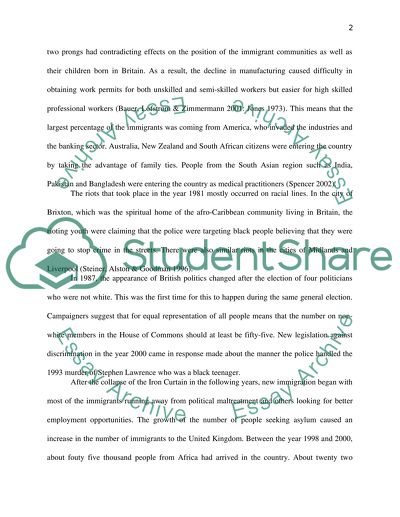Cite this document
(“POWER, POLITICS AND POLICY Essay Example | Topics and Well Written Essays - 2000 words”, n.d.)
Retrieved from https://studentshare.org/social-science/1665051-power-politics-and-policy
Retrieved from https://studentshare.org/social-science/1665051-power-politics-and-policy
(POWER, POLITICS AND POLICY Essay Example | Topics and Well Written Essays - 2000 Words)
https://studentshare.org/social-science/1665051-power-politics-and-policy.
https://studentshare.org/social-science/1665051-power-politics-and-policy.
“POWER, POLITICS AND POLICY Essay Example | Topics and Well Written Essays - 2000 Words”, n.d. https://studentshare.org/social-science/1665051-power-politics-and-policy.


